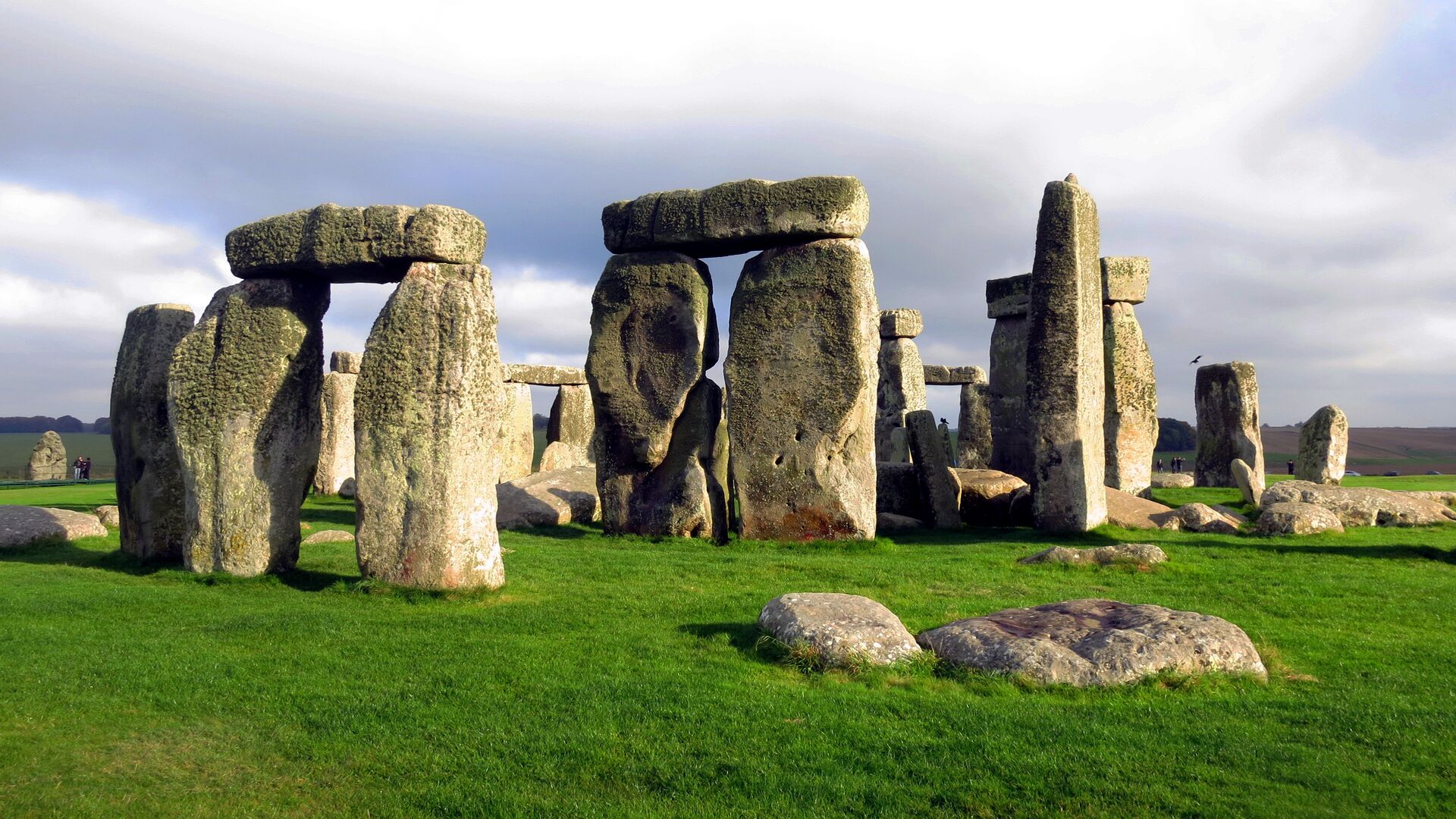Osteoarchaeologist Jackie McKinley is peddling a theory about the nature of the famous prehistoric monument Stonehenge, based on a discovery of a "very rare" piece of metalwork found in a grave located near the site, the Daily Express reports.
According to the newspaper, McKinley shared her thoughts during Discovery UK’s "The Secret Skeletons Beneath Stonehenge" where she described the find as "very finely worked items," arguing that, at the time those items were made, possessing the technology and the skill to produce such things would be regarded as "something quite magical."
"There were two graves that were within three metres of each other and I think the other man was the one who worked the magic," she remarked. "I think he was the person who could make the changes from pieces of rock to items of beauty."
McKinley thought that both of the buried were metalworkers who came to Stonehenge to ply their craft and to sell the fruits of their labour, and that the scholar therefore regards the site as a "thriving hub for craft and trade".
McKinley also postulated that the two alleged metalworkers might have come to Stonehenge from central Europe.
"There are certain chemical signatures which are taken up by the groundwater that can get fixed in the dental enamel as it develops," she elaborated. "By looking at those signatures and relating them to the geology in comparison with the geology across Europe, we can more or less work out the regions that people came from."
The article argued that the theory "rewrites our understanding of the ancient world," since the evidence essentially shatters the belief that prehistoric Britons "lived and died in one place” as they "had not yet discovered the wheel."




